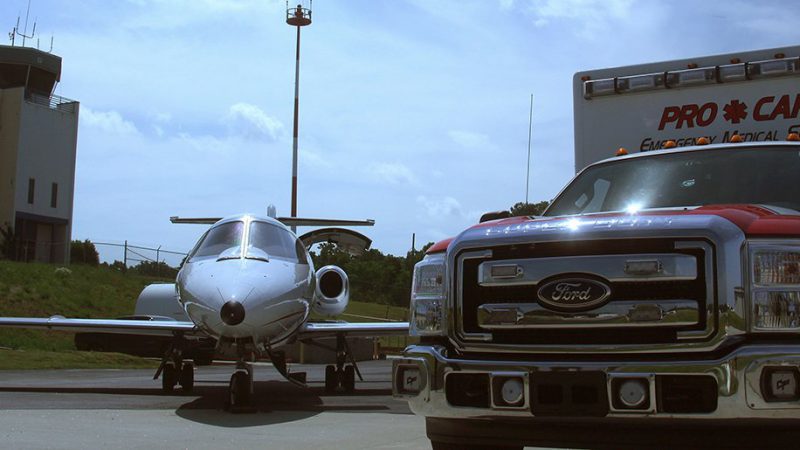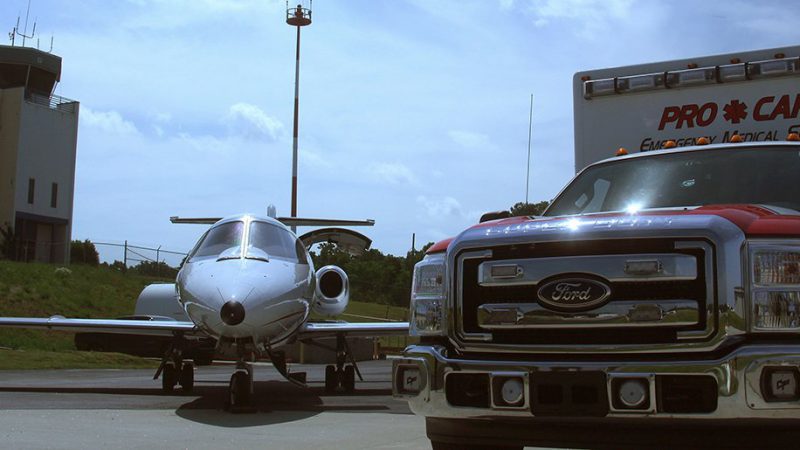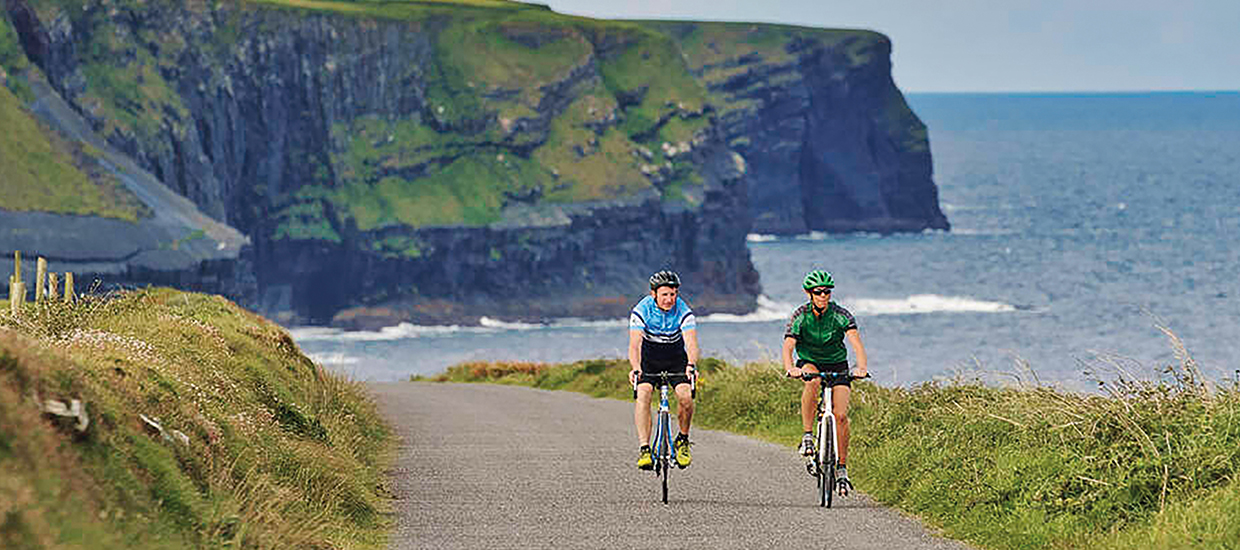Adapt or Die
The five biggest things to remember when dealing with crisis
November 30, 2020


When crisis strikes, companies have two basic choices in how they react: adapt, or die.
If that sounds Darwinian, it is. Darwin said it: “It is not the strongest of the species that survives, nor the most intelligent that survives. It is the one that is most adaptable to change.”
The COVID-19 virus has challenged every business in the world. Billions of people, millions of businesses have been impacted, and even the biggest, sturdiest and smartest of global brands have struggled.
“Adapt or die” is a business mantra I have long embraced, and while uncertainty, complexity and ambiguity may seem constant in the day-to-day life of running a business, nothing has made me feel “crisis” quite so viscerally as when this COVID-19 pandemic hit.
We are a travel related business: If a traveler is sick or injured and hospitalized, 150 miles or more from home, we get them moved to their home hospital. A few years ago, we added pandemic response to our security membership. As you can imagine, with so many members needing to get home as borders shut down, and then nobody traveling, it has been a brutal last nine months.
With vaccines seemingly imminent, and a new Harvard study showing air travel to be much less risky than people would think, I spent some time reflecting on the key lessons I learned through all of this, and the five biggest beliefs I clung to that helped our company weather the storm. I am grateful that we retained all our employees, came through for our members under incredible duress, and are finally seeing sales tick upwards, for the first time since March.

1 Always maintain agility. This is a year-round endeavor. While many organizations think they are agile, many discovered they were not during this crisis. We have a great board, and I spend a lot of time over the course of a “normal” year nurturing a deep understanding among them of what this company does, and what our core values are. We have a highly interconnected staff. This made all the difference in our ability to collaborate, innovate, communicate to and service our members, in the face of daily, sometimes hourly, dynamic change.
2 Accept the circumstances and evolve. Denial is not an option.
3 Take risks. There is nothing like a crisis to spur innovation. While at first, governmental restrictions, CDC guidelines and our rules and regulations were among many reasons we could not transport COVID-infected members, we worked closely with our affiliates and medical consultants, modified our own rules and regulations, got buy-in from our board to absorb the extra costs (at no additional cost to members, making it a potentially large financial risk), and began adding medical transport home for COVID in specific territories as they opened up.
4 Don’t stop marketing. We knew it would be a dark spring and summer financially, but we also knew people were at home, keeping the faith, and dreaming of exotic locations once a vaccine was available. We took that opportunity to introduce them to the concept of our program, for when they were ready to travel again. That branding and consumer education is paying off.
5 No matter what, keep to your core values. When I went to Notre Dame, the business school’s mantra was: “The primary function of commerce is service to mankind.” I am lucky to be running a business that helps people, sometimes during their darkest, scariest hours. “Service” is our company’s core value, so when it comes to money versus people, we will always put people first. That goes for my team too, the most valuable asset for a service business. It takes a tight team to adapt quickly, and survive. Protect them.
 Mike Hallman has been involved with Medjet’s business operations since 1998, becoming President and CEO in 2018. A CPA, with more than 42 years of business and finance experience, Hallman has helped make Medjet the industry leading air medical transport and travel security membership program, and the preferred program for thousands of organizations including AARP, Morgan Stanley, and the NFL.
Mike Hallman has been involved with Medjet’s business operations since 1998, becoming President and CEO in 2018. A CPA, with more than 42 years of business and finance experience, Hallman has helped make Medjet the industry leading air medical transport and travel security membership program, and the preferred program for thousands of organizations including AARP, Morgan Stanley, and the NFL.




